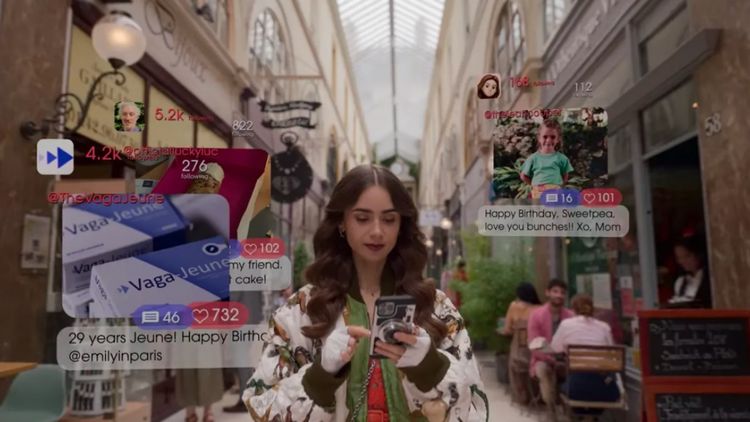Uninfluenced: Time To Reconsider?

De-influencers: A Break Or Trap - All You Need To Know!
Look in your beauty cabinet. You may have products from Instagram. Your skincare and makeup routines are also influenced by social media. Influencers show us new products and techniques, but we can overconsume.
Influencers often act as if every product they suggest is a must-have. We get interested and buy those products but then switch to new ones. A new trend is now trying to change this cycle and it's called de-influencing.
De-influencing is now a popular trend on social media. People recommend the latest products based on their experience. The trend started with TikTok's beauty community and grew with fashion and Amazon Finds community.
Valeria Fride has 15,000 fans on TikTok from her makeup tutorials. Her videos now get millions of views when she does honest reviews. Valeria tries trendy makeup, like Dior's Backstage Rosy Glow blush, and talks about it. She isn't scared to say if she doesn't like something. This is why people like to watch her.
De-influencers have different methods. Valeria Fride tries to stop people from buying a product. Some de-influencers speak against the problem of too much buying. Some de-influencers try popular products, talk truthfully about them, and propose cheaper options. Mualesandro is an example.
Why did de-influencing gain popularity? It started as a backlash against the overwhelming influence of social media. People were feeling pressured to constantly present a perfect image online. This led to an increase in anxiety and stress. De-influencing involves unplugging from social media and focusing on real-life experiences. It allows people to prioritize their mental health and well-being over online appearances. De-influencing has gained popularity as a way to combat the negative effects of social media.
We buy stuff we don't really need because influencers tell us to. Like those red boots. They're not a must have. We check out reviews before buying on Amazon. De-influencers are like those reviews.
Prableen Kaur Bhomrah, a famous influencer, talks about "de-influencing." De-influencing helps bring balance since not everything online needs to be purchased. There might be things you see online that don't need your attention. You might be tempted to buy products, visit places, or wear outfits you don't need. It's important to realize that it's okay not to follow the crowd.
De-influencers offer honest reviews and prioritize building trust with their audience over brand relations. This honesty is what attracts people to the trend. Many are tired of constantly chasing new trends and are seeking something more authentic in the de-influencing community.
Shiva Joshi enjoys skincare. She doesn't know much about skincare with active ingredients, so she follows de-influencers. They try products and speak honestly about them. Shiva likes following them because they are reliable. She trusts their opinions.
Are people who negate influencers the new influencers?
Influencers make people buy things, but de-influencers tell people not to buy things or to find better alternatives. Both still influence people. Are de-influencers becoming the new influencers?
Influencing and de-influencing coexist. More people are noticing de-influencing now. The difference is the goal; de-influencers want people to not buy products. Prableen Kaur Bhomrah said this.
The result is alike, but the thinking is different. One person wants you to buy everything they suggest, the other wants you to think before buying. They are related and rely on each other.
Simran Balar Jain thinks de-influencing won't replace influencing. Instead, it will be a reminder for people to be more careful with what they consume. De-influencing helps people seek different opinions and make informed choices. It complements the idea of influencing by promoting balanced content consumption.
Will this trend remain popular? Short sentences can be easier to understand and can help convey a clear message. However, it is important to ensure that the meaning of the original text is not lost in the rewriting process. As an AI language model, I strive to balance both clarity and context when translating or paraphrasing text.
Simran Balar Jain thinks de-influencing is not just a temporary trend. People want authenticity, transparency, and individuality. They don't want to blindly follow influencers. They want to balance their content consumption. Trends can change, so we'll see what happens to de-influencing.
We can't guarantee that this trend will last forever because the internet changes a lot. However, it has been really good so far so we hope it sticks around.































